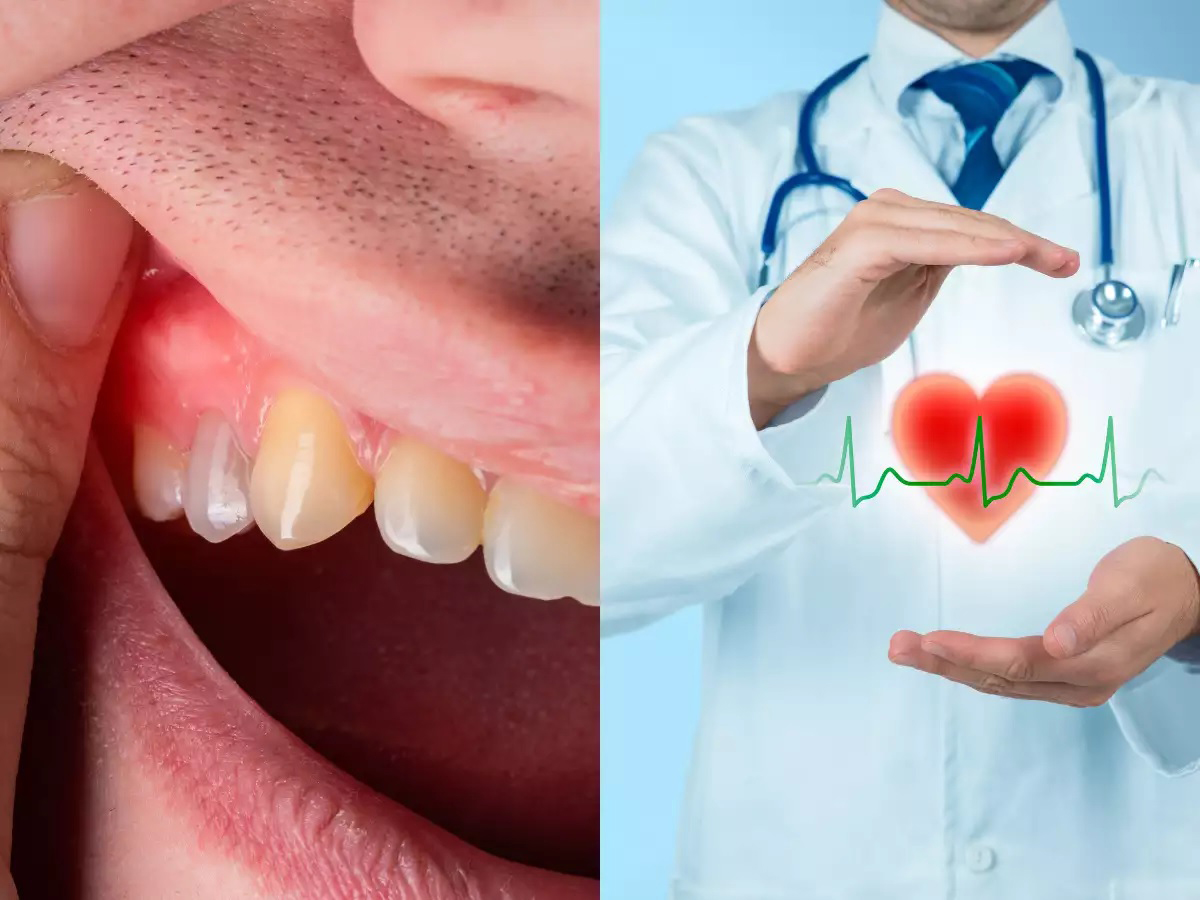
Treating gum disease in the three months after a procedure to correct an irregular heartbeat known as atrial fibrillation (AFib) may lower oral inflammation and may reduce AFib recurrence, according to new research published today in the Journal of the American Heart Association.
According to the U.S. Centers for Disease Control and Prevention (CDC), about half of American adults ages 30 or older have some form of periodontal or gum disease, with the incidence increasing with age.
This study is among the first to investigate the potential impact of gum disease treatment on AFib. AFib is a condition in which the heart beats irregularly, increasing the risk of stroke by five-fold. More than 12 million people in the U.S. are expected to have AFib by 2030, according to the American Heart Association's 2024 Heart Disease and Stroke Statistics.
"Gum disease can be modified by dental intervention. Proper management of gum disease appears to improve the prognosis of AFib, and many people around the world could benefit from it," said lead study author Shunsuke Miyauchi, M.D., Ph.D., an assistant professor at the Health Service Center at Hiroshima University in Japan who engages in general cardiology, arrhythmia practice and research.
Researchers followed 97 patients who had undergone the non-surgical procedure to correct AFib (radiofrequency catheter ablation) and received treatment for gum inflammation, along with 191 ablation patients who did not receive treatment for gum disease. Catheter ablation is a procedure that uses radiofrequency energy to destroy a small area of heart tissue causing rapid and irregular heartbeats. This study found that an index measuring the severity of gum inflammation was associated with the return of AFib.

After the ablation procedure, during the average follow-up period of between 8.5 months to 2 years, researchers found:
- AFib recurred among 24% of all participants throughout the follow-up period.
- Patients with severe gum inflammation who had it treated after heart catheter ablation were 61% less likely to have a recurrence of AFib, compared to ablation patients who did not have treatment for severe gum inflammation.
- Patients who had recurrences of AFib had more severe gum disease than those who did not have recurrences.
- Having gum disease, being female, experiencing irregular heartbeat for more than two years and left atrial volume were predictors for AFib recurrences. Left atrial volume often leads to AFib recurrence as it includes thickening and scarring of connective tissues, Miyauchi explained.
Miyauchi noted, "While the main findings were consistent with their expectations, we were surprised how useful a quantitative index of gum disease, known as periodontal inflamed surface area or PISA, could be in cardiovascular clinical practice."
While the American Heart Association does not recognize oral health as a risk factor for heart disease, it recognizes that oral health can be an indicator of overall health and well-being. Bacteria from inflamed teeth and gums may travel through the bloodstream to the rest of the body, including the heart and brain. Chronic gum inflammation may be associated with other systemic health conditions, including coronary artery disease, stroke and Type 2 diabetes.
Study details and background:
- A total of 288 adults (66% men; 34% women) being treated for AFib were enrolled in this study.
- The single center study was conducted from April 1, 2020 to July 31, 2022, at Hiroshima University Hospital in Hiroshima, Japan, and all participants were Asian.
- Enrollees were examined by a dentist before undergoing catheter ablation for AFib.
"We are now working on further research to reveal the mechanism underlying the relationship between gum disease and AFib," Miyauchi said.
The study's limitations include: a small number of patients enrolled from a single center; patients were not randomized to receive dental treatment; periodontal status was not followed up after the initial examination among the participants who did not receive gum disease treatment; and inflammatory markers were not reassessed after the ablation procedure.

